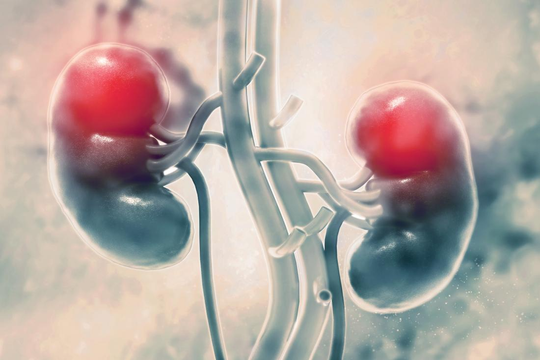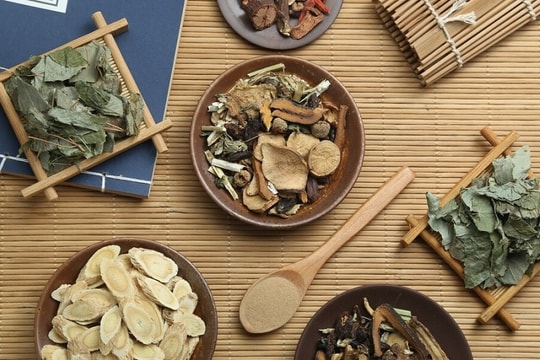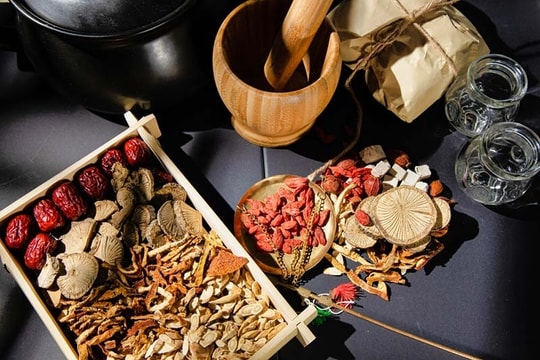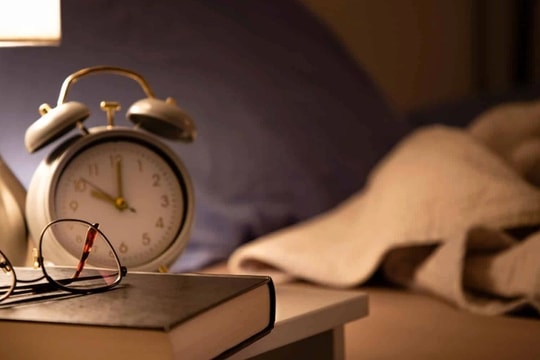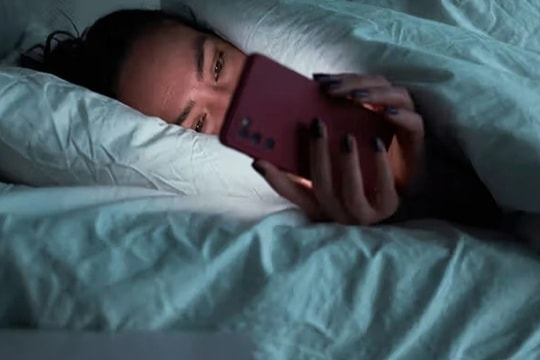5 foods that can cause insomnia that few people think of
Drinking strong coffee or tea at night often causes many people to lose sleep. But there are also many people who do not drink coffee but still have insomnia, so what is the cause?
1. How does diet affect sleep?
Insomnia is a common sleep disorder characterized by difficulty falling asleep, staying asleep, getting quality sleep, or not getting enough sleep. Insomnia can interfere with daily activities, leaving people feeling irritable, unfocused, or sleepy during the day.
There are many risk factors for insomnia. In particular, unhealthy eating habits or certain foods and drinks can affect the quality and duration of sleep.
Additionally, an inadequate diet has the potential to significantly alter the gut microbiome (which helps us digest and absorb food and can affect other metabolic processes, including sleep). Chronic poor nutritional factors can also contribute to chronic inflammation associated with insomnia.
According to nutritionists, in addition to common causes such as age, physical discomfort or pain, anxiety, prolonged stress or mental trauma, lifestyle and diet can also affect the quality and duration of sleep.
There are some foods or ingredients in foods that can disrupt circadian rhythms, change sleep habits and lead to insomnia, especially stimulants, foods high in fat and sugar...
Eating too much or eating close to bedtime can also disrupt sleep due to digestive problems such as bloating, indigestion, acid reflux, etc.
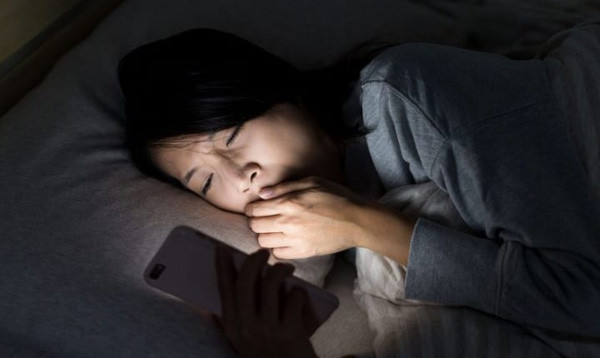
2. Some foods can cause sleep disorders
Sweets, snacks and desserts
Sweets, snacks, and desserts are high in added sugars and saturated fats. Saturated fats and added sugars have been linked to many health problems, including heart disease, diabetes, and obesity. They have also been linked to poor sleep quality and sleep disturbances.
Foods high in fat and sugar, such as cookies and cakes, can disrupt healthy sleep patterns, especially when eaten close to bedtime. The high saturated fat content in these baked goods can contribute to acid reflux (stomach acid irritating the esophagus).
Foods made from refined grains such as white bread and pastries have a high glycemic index which easily increases blood sugar levels leading to increased insulin which can lead to poor sleep quality and insomnia.
Fast food and other processed foods are often high in sodium, saturated fat, and added sugars. These foods can have a negative impact on our health and sleep when consumed in excess.
Food preserved for a long time
Aged and processed foods are often high in salt, and high-salt diets have been linked to higher blood pressure. Additionally, certain amino acids found in many aged and processed foods, such as processed red meat and salted fish, can increase brain activity, leading to insomnia.
Fried food
When we consume fatty foods, fried foods and fatty meats, our bodies will take longer to digest. In particular, eating these foods late at night can contribute to acid reflux and other digestive problems, leading to reduced sleep quality.
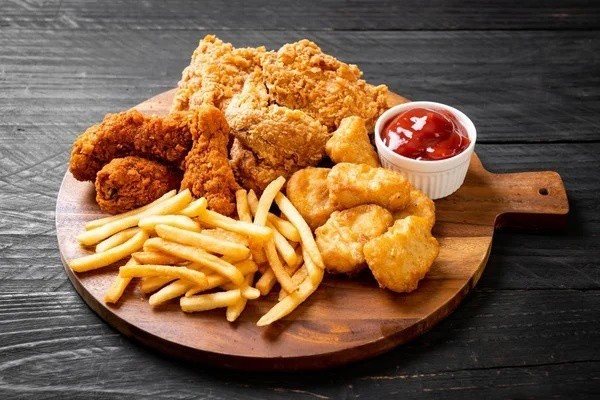
Ketchup
Foods that contain a lot of tomato sauce or even a tomato, although have many health benefits, can be harmful to sleep if eaten too close to bedtime. This is because acidic foods can irritate the stomach lining and cause indigestion, heartburn and acid reflux, which can interfere with sleep.
Ale
Drinks that can cause insomnia are coffee and strong tea, but they are not the only drinks that can cause insomnia. Many people often have the habit of drinking alcohol before bed with the aim of sleeping better, but it is not like that. In fact, drinking alcohol before bed can help you fall asleep faster, but it hinders the quality of sleep by disrupting sleep. Drinking too much alcohol can easily lead to heavy snoring and sleep apnea.
According to Dr. Hoang Thi Huyen, an Internal Medicine specialist, alcohol is a substance that affects the central nervous system, slowing down brain activity and affecting the duration and quality of sleep.
Drinking alcohol can negatively impact the functioning of dopamine, a neurotransmitter and hormone that affects sleep. In fact, people with alcohol use disorders often experience symptoms of insomnia.
Alcohol abuse can also cause obstructive sleep apnea, which worsens the symptoms of sleep apnea, causing fatigue, difficulty concentrating, and a host of other health risks.

3. What to do to have a good sleep?
Most people with sleep disorders that are not caused by a medical condition can resolve the problem with appropriate lifestyle and dietary adjustments.
To get good sleep, avoid eating at least two to three hours before bedtime to give your body time to digest food and stabilize blood sugar levels.
Although eating too much before bed can disrupt your sleep, if you are hungry you should eat a light meal so that hunger does not interrupt your sleep.
According to Dr. Nguyen Huy Hoang, Vietnam - Russia High Pressure Oxygen Center, in addition to non-drug sleep aids such as exercise, arranging a cool sleeping space, maintaining a daily routine, going to bed and waking up on time... people with insomnia should be careful not to eat too much before going to bed; if you feel hungry, you can have a light snack of 1 banana, 1 box of yogurt... because hunger will make you more restless and difficult to sleep.
Be careful not to drink alcohol, smoke, or use other stimulants. Drinking herbal tea a few hours before bed can also help you sleep well. Some herbs have mild sedative properties, such as betel nut, lotus seed, acacia, passionflower, etc.

